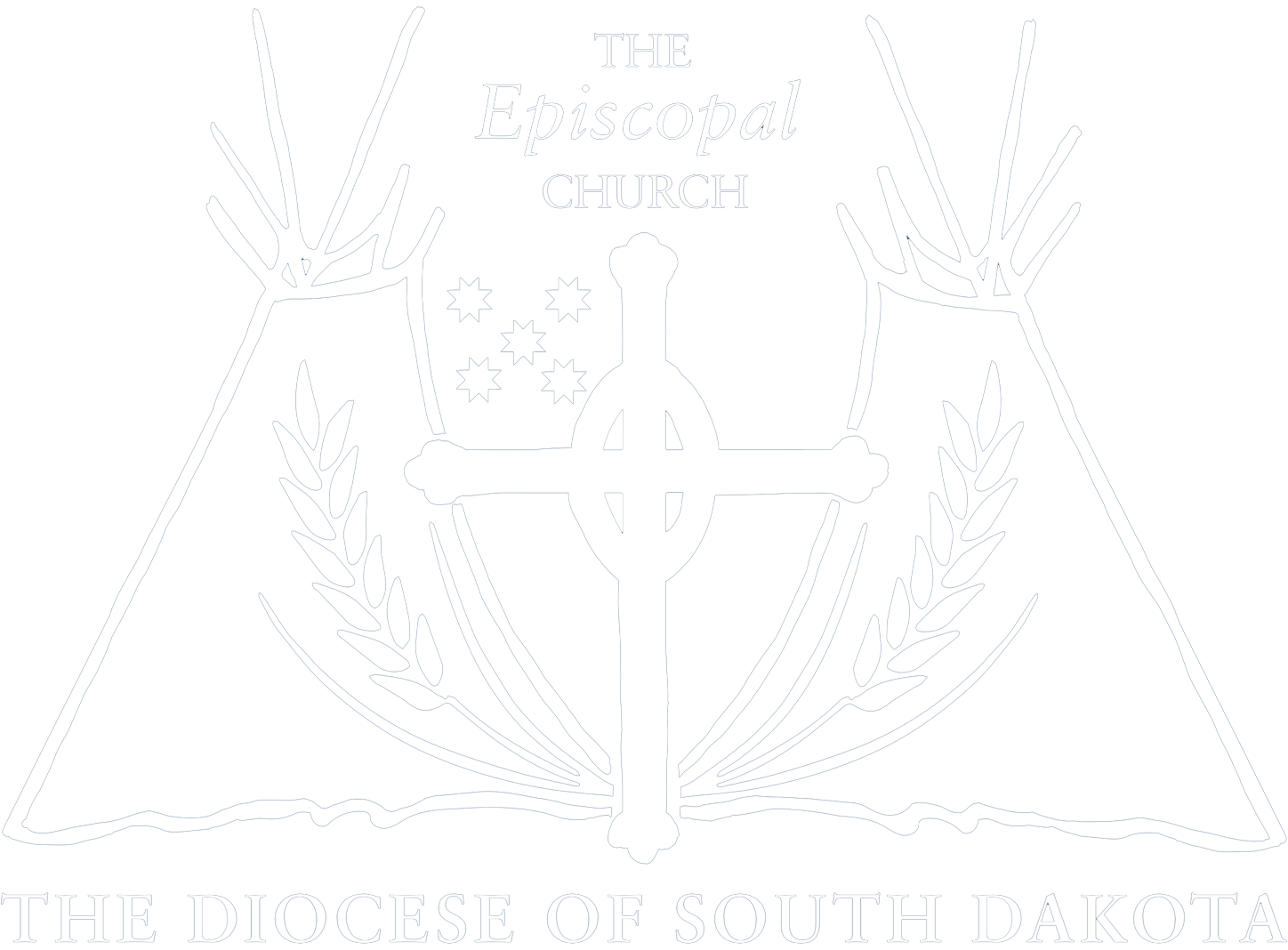By David Paulsen[Episcopal News Service]
The Episcopal Church released a letter May 15 from Southern Africa Archbishop Thabo Makgoba thanking the U.S.-based church for declining the Trump administration’s request to help resettle white South Africans in the United States – a policy that Makgoba said is based on false assumptions about his country.
Upon taking office in January, President Donald Trump had suspended the United States’ 45-year-old refugee resettlement program, but he later reversed himself to make a narrow exception for white South Africans, known as Afrikaners, whom he said were “escaping government-sponsored race-based discrimination, including racially discriminatory property confiscation.”
Archbishop Thabo Makgoba is primate of the Anglican Church of Southern Africa, which includes South Africa. Photo: Anglican Communion News Service
Episcopal Church Presiding Bishop Sean Rowe announced May 12 that the church’s Episcopal Migration Ministries, would end its federal contract to provide refugee resettlement services rather than participate in the Trump administration’s plan to let “one group of refugees, selected in a highly unusual manner, receive preferential treatment over many others who have been waiting in refugee camps or dangerous conditions for years.”
Rowe made the decision a day after consulting by phone with Makgoba, the bishop of Cape Town and primate of the Anglican Church of Southern Africa. In his letter, Makgoba thanked Rowe for the call and expressed “our gratitude for the stand you have taken.”
“What the [Trump] administration refers to as anti-white racial discrimination is nothing of the kind,” Makgoba said. “Our government implements affirmative action on the lines of that in the United States, designed not to discriminate against whites but to overcome the historic disadvantages black South Africans have suffered.”
Afrikaners, who number about 3 million people in a country of 63 million, formerly were part of the governing white minority under South Africa’s extreme racial segregation of apartheid, until its end in 1994 allowed newfound enfranchisement of the country’s Black majority. Even more than 30 years later, however, Black South Africans still struggle under the weight of their country’s historical disparities, Makgoba said.
“By every measure of economic and social privilege, white South Africans as a whole remain the beneficiaries of apartheid,” Makgoba said. By some measures, “we are the most unequal society in the world, with the majority of the poor black, and the majority of the wealthy white.”
Trump’s Feb. 7 executive order on South Africa pledged “humanitarian relief” to Afrikaners and criticized a South African law allowing the seizure of property without compensation in certain circumstances.
South African President Cyril Ramaphosa has rejected what he calls the “completely false narrative” about the law, which was intended to address the lingering disparities that Makgoba wrote of in his letter to Rowe. For example, white South Africans, who make up about 7% of the country’s population, control an estimated 72% of the country’s farmland.
Rowe’s May 12 announcement also lamented the harms that Trump’s executive order restricting refugee resettlement have caused for many of the millions of other people around the world fleeing war, persecution and other hardships in their home countries. The United Nations High Commissioner for Refugees estimates there are more than 32 million refugees worldwide, and tens of millions more have been displaced within their home countries.
EMM has resettled nearly 110,000 such refugees over nearly 40 years, following of the Gospel call to “welcome the stranger.” Until this year, it was eager to continue that work as one of the 10 agencies with contracts to facilitate refugee resettlement on behalf of the federal government, a program that has long had bipartisan support.
Trump, in halting the refugee resettlement program, claimed without evidence that refugees had become a costly burden on American communities, yet his administration expedited the resettlement of an initial group of 59 Afrikaners, who arrived in the United States on May 12.
After The Episcopal Church declined to participate in the resettlement of Afrikaners, the White House responded by questioning The Episcopal Church’s “commitment to humanitarian aid.”
“Any religious group should support the plight of Afrikaners, who have been terrorized, brutalized, and persecuted by the South African government,” White House Deputy Press Secretary Anna Kelly said in a May 13 statement. “The Afrikaners have faced unspeakable horrors and are no less deserving of refugee resettlement than the hundreds of thousands of others who were allowed into the United States during the past administration.”
Makgoba pushed back against such depictions of the Afrikaners as refugees.
“We cannot agree that South Africans who have lost the privileges they enjoyed under apartheid should qualify for refugee status ahead of people fleeing war and persecution from countries such as the Democratic Republic of Congo, Sudan and Afghanistan,” he said.
– David Paulsen is a senior reporter and editor for Episcopal News Service based in Wisconsin. He can be reached at dpaulsen@episcopalchurch.org.


